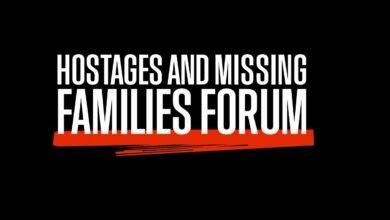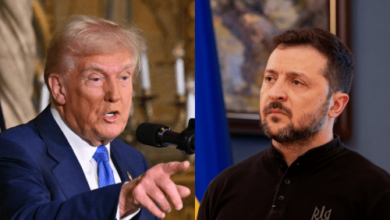New Denmark law makes desecration of Holy Quran in all forms punishable crime

Denmark’s parliament has approved a groundbreaking law criminalising the public burning of religious texts, with a particular focus on addressing protests in Muslim nations over Holy Quran desecration.
The legislation, securing 94 votes in favour and facing opposition from 77 members in the 179-seat Folketing, specifically targets the “inappropriate treatment of writings with significant religious importance for a recognised religious community.”
The law, pending formal approval by Queen Margrethe later this month, prohibits the public burning, tearing, or defilement of holy texts, both in person and through disseminated videos.
Offenders may face fines or up to two years in prison. The Ministry of Justice underlines that the law aims to counteract “systematic mockery,” contributing to an increased terrorism threat in Denmark, particularly in the wake of public protests involving Holy Quran burnings in Denmark and Sweden earlier this year.
Between July 21 and October 24, Denmark recorded 483 incidents of book burnings or flag burnings, prompting the introduction of the bill in August.
Amendments were made to address concerns about potential impacts on freedom of expression, emphasising the delicate balance between protected speech and national security.
Critics, including Inger Stojberg of the Denmark Democrats party, argue that restrictions on criticising religion may undermine hard-fought liberal freedoms.
The centrist coalition government contends that the legislation will minimally impact free speech, emphasising the continued legality of other forms of criticising religion.
This move follows Denmark’s historical controversy in 2006 when a newspaper published cartoons of Prophet Muhammad, leading to widespread anger in the Muslim world.
Meanwhile, Sweden is exploring alternative approaches to address Holy Quran desecrations, considering whether national security should play a role in police decisions regarding public protests.



